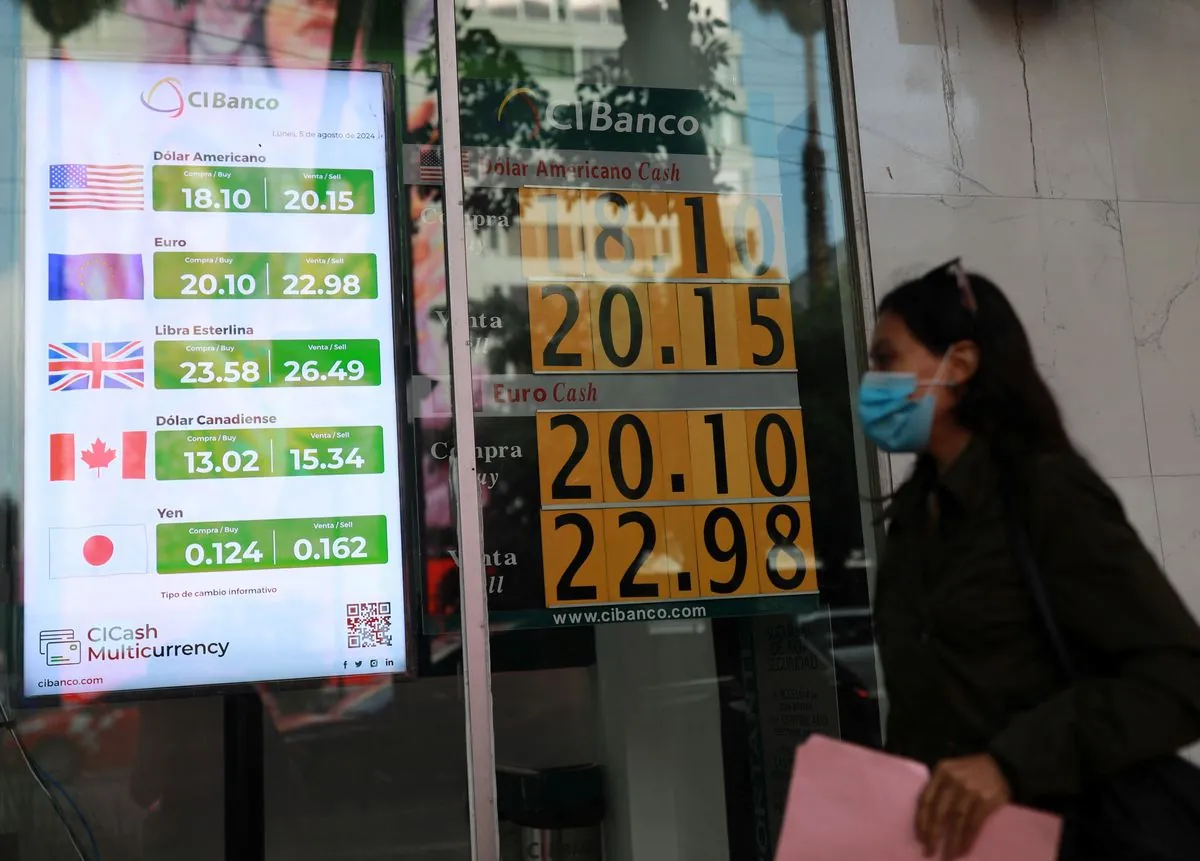Mexican Judges Strike Against Controversial Judicial Reform Proposal
Judicial strike in Mexico escalates as judges protest proposed reform for popular election of judges. Markets react negatively, with peso falling over 2% amid concerns about judicial independence and economic impact.

In a significant development in Mexico, judges and magistrates have joined a strike to protest a controversial judicial reform proposed by outgoing President Andres Manuel Lopez Obrador. The reform, which aims to elect judges through popular vote, has sparked intense debate and market concerns.
The proposed changes come as Mexico, a federal presidential constitutional republic with a civil law system derived from Roman law, grapples with longstanding issues of corruption and impunity in its judicial system. The current Mexican Constitution, enacted in 1917, has undergone numerous reforms, but this latest proposal represents a radical departure from established norms.
Juana Fuentes, president of the union representing magistrates and judges, expressed grave concerns about the reform:
"We are heading towards an unprecedented constitutional crisis, a crisis that, if not stopped, will leave deep scars in our social fabric."
The strike, which began on August 21, 2024, is set to continue until the proposal is withdrawn, although the judiciary will still handle urgent cases.
Critics argue that the popular election of judges could compromise the merit-based career paths and make the judiciary vulnerable to external influences, including political parties and organized crime groups. This concern is particularly acute given Mexico's history of one-party rule, which ended in 2000, and persistent issues with corruption.

The proposed reform has had a significant impact on financial markets. The Mexican peso, the world's 15th most traded currency, fell over 2% in response to the news. The Mexican Stock Exchange, the second-largest in Latin America, also saw a decline of 0.6%.
Investment bank Morgan Stanley downgraded Mexico to "underweight," effectively recommending selling, citing increased risks from the judicial reform. This move has raised concerns about the potential impact on nearshoring opportunities, which have become increasingly important for Mexico's economy, the second-largest in Latin America after Brazil.
The reform could also have implications for Mexico's international trade relationships, particularly under the United States-Mexico-Canada Agreement (USMCA), which replaced the North American Free Trade Agreement (NAFTA) in 2020.
Despite the opposition and market reactions, President Lopez Obrador remains committed to the reform. During a press conference, he dismissed the strike's impact, stating:
"Nothing is happening with their movement, it doesn't matter, because they don't serve the population."
As Mexico approaches this potential turning point in its judicial system, the outcome of this conflict could have far-reaching consequences for the country's legal framework, economic stability, and international relations.


































